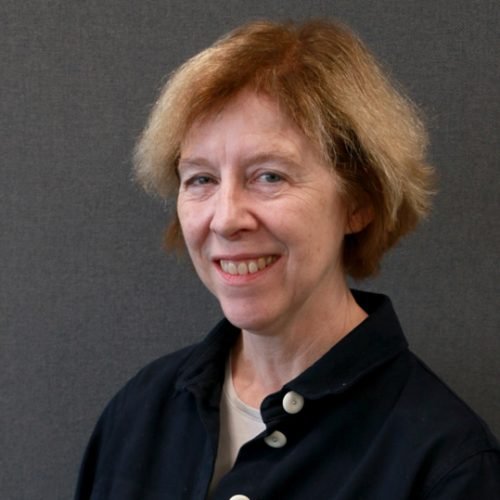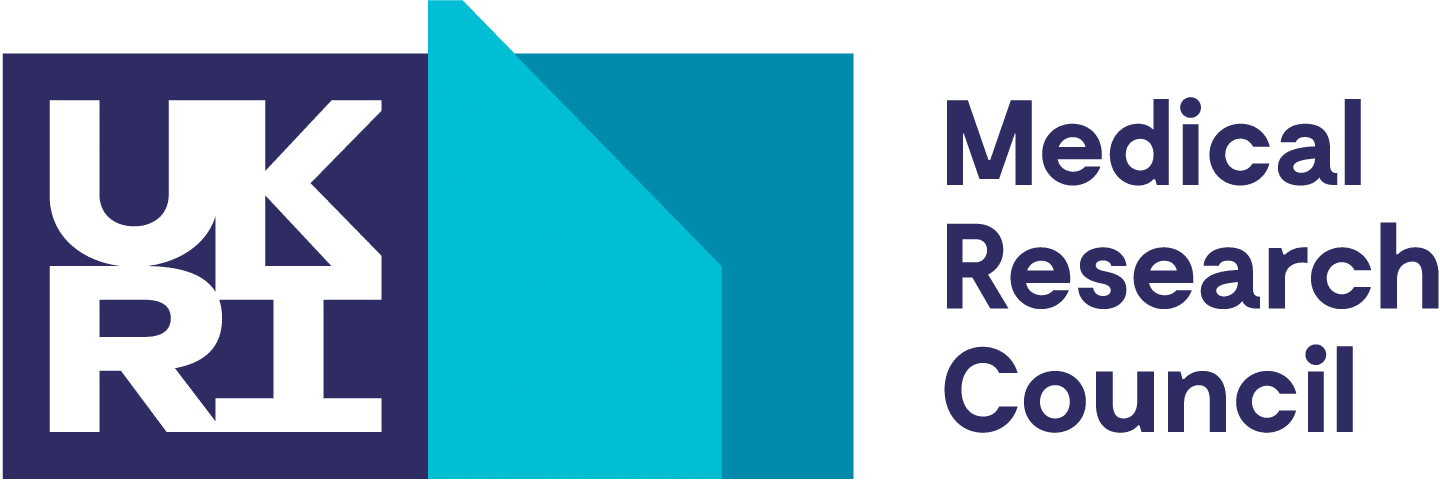Key Focus
The focus our Hub is to discover how to harness the immune system for improved outcomes in regenerative medicine.
Our Location
Aims and objectives
Our collective knowledge and shared experimental tools will be used to answer three key questions in regenerative medicine;
- How do differentiated cells signal to the host innate and adaptive immune system?
- How do transplanted cells provoke adaptive immune responses?
- How does the inflammatory niche contribute to endogenous repair and influence the fate of transplanted cells?
Key translational challenges to be addressed
The central goal of regenerative medicine is to replace damaged or diseased tissue. This can potentially be achieved by stimulating endogenous tissue repair or by transplanting autologous or allogeneic cells. No matter which strategy is taken, host immune responses can represent a formidable obstacle to success. Unless autologous cells are used, transplanted cells will have different degrees of major histocompatibility antigen (MHC) mismatch with the recipient and will thus be at risk of rejection by the adaptive immune system. Even when donor and recipient are matched for the MHC, antigen-independent inflammatory pathways (the innate immune system) modulate endogenous repair and can hinder donor cell engraftment. By modulating different aspects of the immune system we intend to improve the efficacy of regenerative medicine therapies.
Expected outcomes
Our long-term clinical deliverables include: improved efficacy of photoreceptor cell therapy to treat blindness; improved repair of damaged heart tissue; and improved survival and functionality of transplanted hepatocytes as an alternative to liver transplantation.









